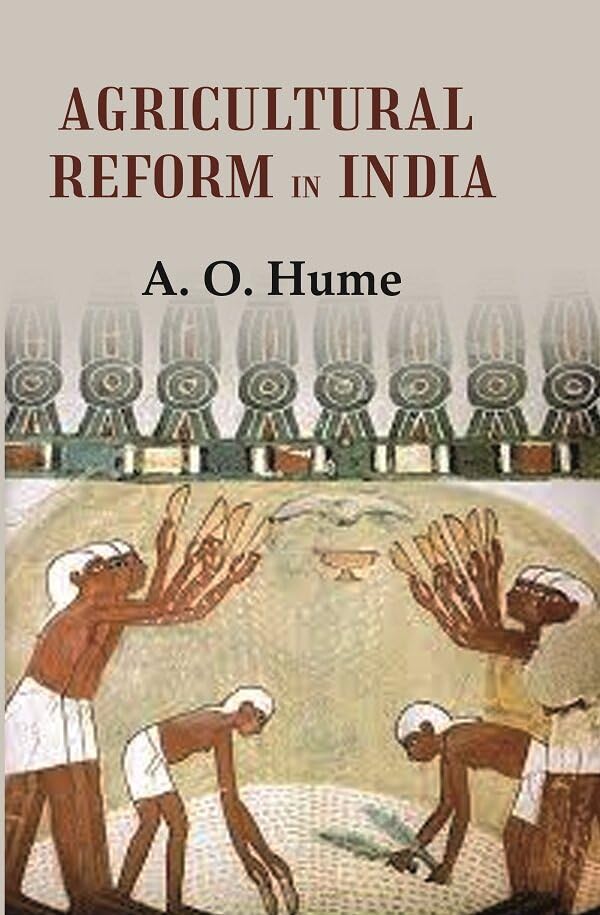Agricultural Reform in India - PAPERBACK
Agricultural Reform in India - PAPERBACK
Couldn't load pickup availability
About The Book: This book delves into the realm of agricultural reform in India, with a specific focus on the recent famines that have sparked a renewed interest in the sector. The text contemplates whether advancements in farming practices could serve as a mitigating factor against the impact of these calamities. It also prompts questions about India's financial constraints, the intricacies associated with reducing current expenditures, and the inevitable need for augmented spending. The narrative explores the historical significance of land revenue as a pivotal financial resource for successive Indian governments. Within this context, the book advocates for a meticulous reconsideration of land management, acknowledging its central role in the economic framework of the country. The recurring theme questions whether India has fully optimized the potential of its land and agriculture. Various voices, including philanthropic manufacturers of agricultural machines and proponents of innovative forage plants, contribute to the discourse, suggesting that a systematic improvement in agriculture could potentially address some of India's current challenges. About The Author: Allan Octavian Hume (1829–1912) was a British political reformer, ornithologist, and civil servant in British India. As a supporter of Indian self-governance, he founded the Indian National Congress. Known as the "Father of Indian Ornithology," Hume contributed significantly to the field. His administrative efforts during the Indian Rebellion of 1857 in Etawah improved common people's lives, earning the district a model status. Rising in the Indian Civil Service, he became Secretary to the Department of Revenue, Agriculture, and Commerce. Hume's outspoken criticism of British policies led to his removal in 1879. He founded Stray Feathers, a journal on Indian birds. Hume's works include "List of the Birds of India" and "Agricultural Reform in India" (1879).
Share

